| | |||||||||||||
| |||||||||||||
| |||||||||||||
| |||||||||||||
The 1889 Wellington City mayoral election was part of the New Zealand local elections held that same year to decide who would take the office of Mayor of Wellington for the following year.
| | |||||||||||||
| |||||||||||||
| |||||||||||||
| |||||||||||||
The 1889 Wellington City mayoral election was part of the New Zealand local elections held that same year to decide who would take the office of Mayor of Wellington for the following year.
After a popular term in office the incumbent mayor, John Duthie, surprisingly declined to seek re-election. There was speculation that former city councillor Kennedy Macdonald (who retired in Duthie's favour at the previous election) would stand to succeed him as mayor, though he did not. [1] After a period of uncertainty over whether any candidates would come forward at all, Charles Johnston, the former member of parliament for Te Aro, was nominated. Ultimately he was the only candidate nominated and thus was declared elected unopposed. [2] It was the second mayoral election in a row where the mayoralty was uncontested. [3]

Sir Francis Joseph Kitts was a New Zealand politician. Originally from the South Island, he served in the military and later was a civil servant before entering politics with the Labour Party. He was the Member of Parliament for Wellington Central between 1954 and 1960. He was also the longest-serving Mayor of Wellington, holding the post from 1956 to 1974. He was also a member at various times of several other local bodies and was still an elected official at his death.

Sir William Appleton was a New Zealand local body politician, advertising agent and leading company director. He was Mayor of Wellington for two terms from 1944 to 1950 after serving as a city councillor from 1931 to 1944. He was knighted in 1950.
The 1921 Wellington City mayoral election was part of the New Zealand local elections held that same year. In 1921, elections were held for the Mayor of Wellington plus other local government positions including fifteen city councillors. The polling was conducted using the standard first-past-the-post electoral method.

The 1941 Wellington City mayoral election was part of the New Zealand local elections held that same year. In 1941, elections were held for the Mayor of Wellington and fifteen city councillors plus seats on the Wellington Hospital Board and Wellington Harbour Board. The polling was conducted using the standard first-past-the-post electoral method.

The 1944 Wellington City mayoral election was part of the New Zealand local elections held that same year. In 1944, election were held for the Mayor of Wellington plus other local government positions including fifteen city councillors. The polling was conducted using the standard first-past-the-post electoral method.

The 1876 Wellington City mayoral election was part of the New Zealand local elections held that same year. William Hutchison, the incumbent Mayor sought re-election and retained office unopposed with no other candidates emerging.
The Wellington Citizens' Association, was a right-leaning local body electoral ticket in Wellington, New Zealand. It was formed in 1911 by merging the selection process of council candidates of several civic interest groups and business lobby groups. Its main ambitions were to continue to control the Wellington City Council, reduce local spending and deny left-leaning Labour Party candidates being elected.

The 1956 Wellington City mayoral election was part of the New Zealand local elections held that same year. In 1956, elections were held for the Mayor of Wellington plus other local government positions including fifteen city councillors. The polling was conducted using the standard first-past-the-post electoral method.

The 1959 Wellington City mayoral election was part of the New Zealand local elections held that same year. In 1959, elections were held for the Mayor of Wellington plus other local government positions including fifteen city councillors. The polling was conducted using the standard first-past-the-post electoral method.

The 1965 Wellington City mayoral election was part of the New Zealand local elections held that same year. In 1965, elections were held for the Mayor of Wellington plus other local government positions including fifteen city councillors. The polling was conducted using the standard first-past-the-post electoral method.

John Gibbs Churchill was a New Zealand trade unionist and local politician. For six years he was the mayor of Otaki.

The 1902 Wellington City mayoral election was part of the New Zealand local elections held that same year to decide who would take the office of Mayor of Wellington for the following year.

The 1877 Wellington City mayoral election was part of the New Zealand local elections held that same year to decide who would take the office of Mayor of Wellington.

The 1878 Wellington City mayoral election was part of the New Zealand local elections held that same year to decide who would take the office of Mayor of Wellington.
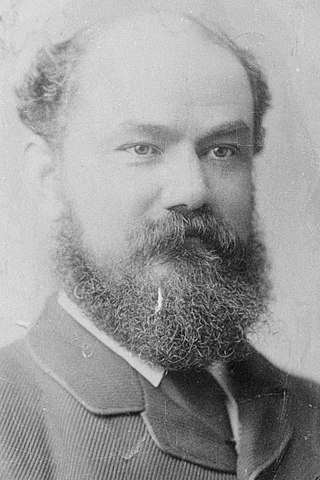
The 1882 Wellington City mayoral election was part of the New Zealand local elections held that same year to decide who would take the office of Mayor of Wellington.
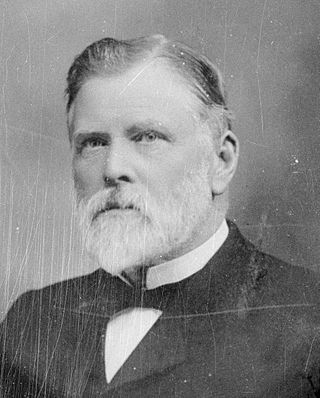
The 1888 Wellington City mayoral election was part of the New Zealand local elections held that same year to decide who would take the office of Mayor of Wellington for the following year.
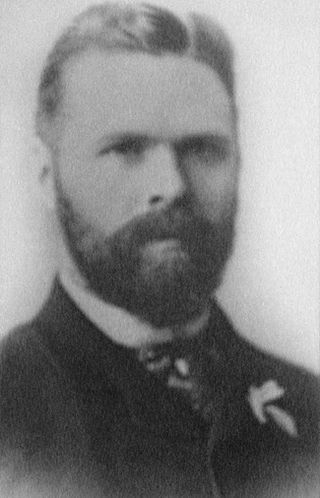
The 1890 Wellington mayoral election was part of the New Zealand local elections held that same year to decide who would take the office of Mayor of Wellington for the following year.
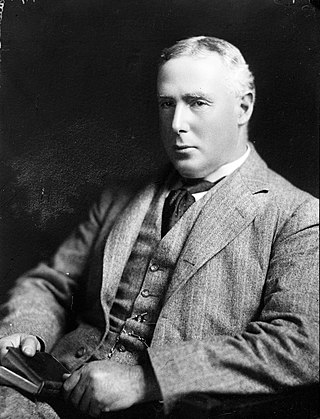
The 1891 Wellington City mayoral election was part of the New Zealand local elections held that same year to decide who would take the office of Mayor of Wellington for the following year.

The 1893 Wellington City mayoral election was part of the New Zealand local elections held that same year to decide who would take the office of Mayor of Wellington for the following year.
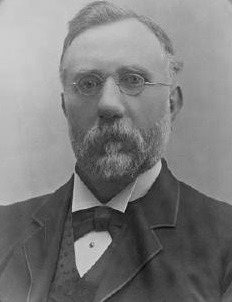
The 1898 Wellington City mayoral election was part of the New Zealand local elections held that same year to decide who would take the office of Mayor of Wellington for the following year.